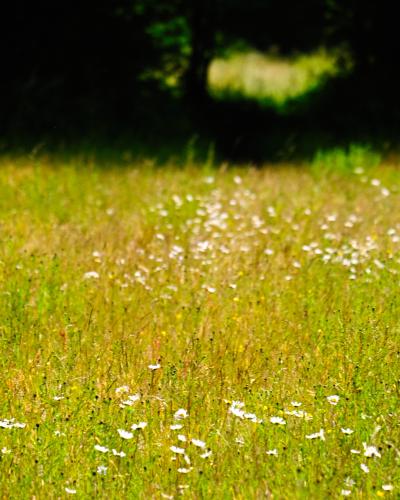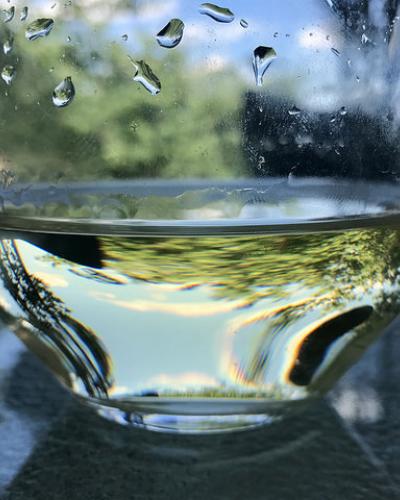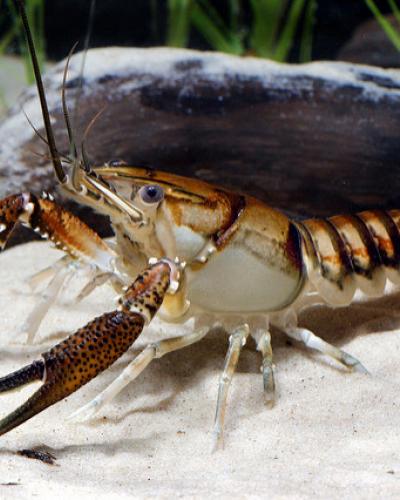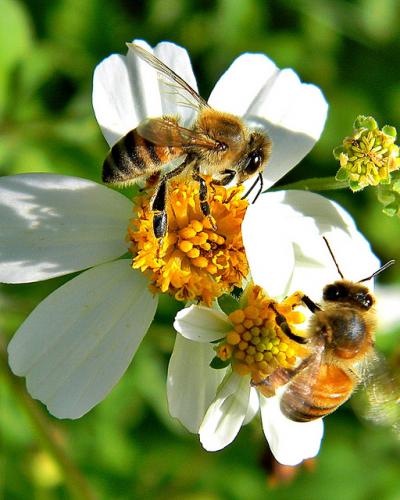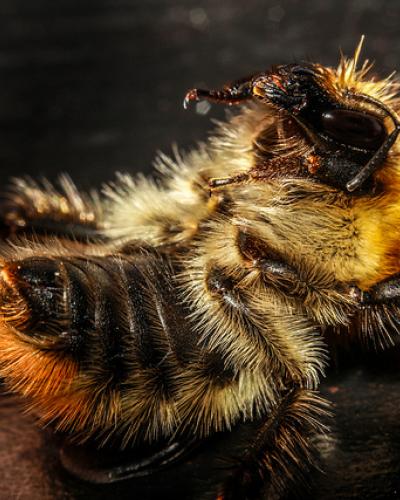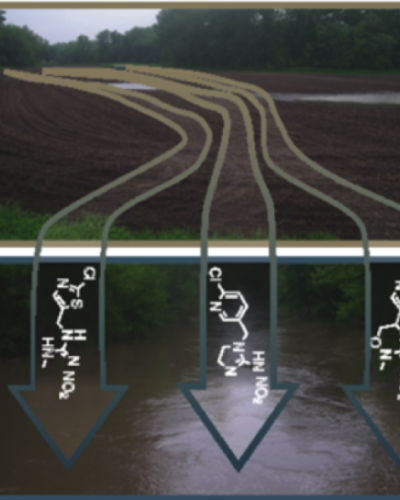Neonicotinoid pesticides remain controversial as evidence mounts to show their detrimental impacts on important biodiversity. Documenting more evidence of their harm, a recent study in the journal...
Nov 01, 2018
Photo credit: Bob Adams
Another study has found residues of neonicotinoid pesticides in birds. This study, published in the journal Science of the Total Environment, ...
Oct 01, 2018
Photo credit: Kevin Dooley
The Great Lakes are the world’s largest freshwater ecosystem. A new study published in the journal Environmental Pollution aimed to quantify the...
Sep 21, 2018
Photo credit: Anokarina
A new study has detected neonicotinoid insecticides in raw and treated drinking water in water from the lower Great Lakes in southern Ontario,...
Feb 15, 2018
Photo credit: Ben Phillips
Neonicotinoids are the most widely used class of insecticides in the world. They are systemic pesticides, which means that rather than simply...
Jan 20, 2018
Photo Credit: U.S. Fish and Wildlife Service
Recent research published in the academic journal PLOS ONE has found that water contaminated with neonicotinoid pesticides may...
May 20, 2015
Photo credit: Bob Peterson
While a large number of studies have documented the detrimental effects that neonicotinoid pesticides have on honey bees, relatively few studies...
Nov 04, 2014
Photo credit: Lennart Tange
A recent study published in the journal Ecotoxicologyhas found that prolonged exposure to sub-lethal levels of neonicotinoid pesticides...
Sep 11, 2014
Photo credit: Alex Lomas
According to a study conducted by scientists from Harvard University and published in the journal of Agricultural and Food Chemistry, neonicotinoid...
Jul 29, 2014
Photo Credit: United States Geological Survey (USGS)
A recent study by the United States Geological Survey (USGS) has found that neonicotinoids are polluting streams...

